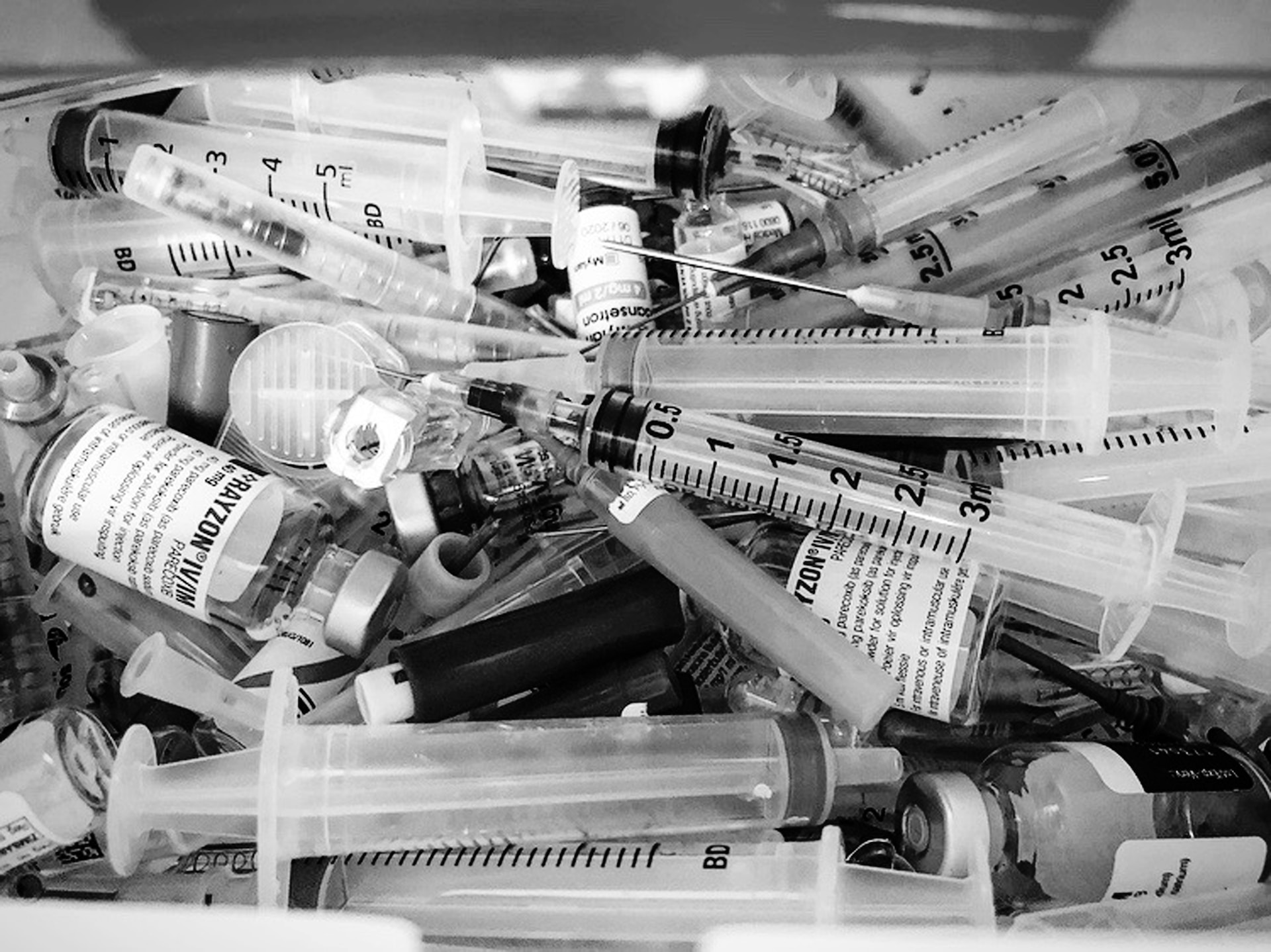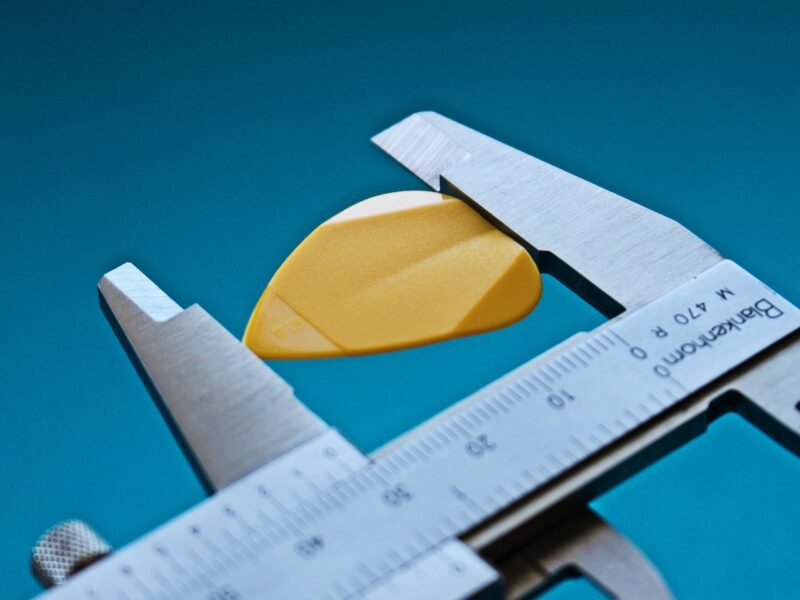Measurement is a fundamental aspect of healthcare, influencing everything from patient diagnoses and treatment to research, medical equipment design, and drug administration. Standardized units of measurement, particularly those in the Metric system, play a pivotal role in ensuring consistency, accuracy, and patient safety within the healthcare industry. In this article, we will delve into how standardized units impact healthcare.
- Precision and Consistency in Medication Dosages:
Standardized units of measurement, particularly those in the Metric system, are crucial for precise medication dosing. The use of milligrams (mg), micrograms (µg), and milliliters (mL) allows healthcare professionals to accurately prescribe, administer, and monitor the effects of drugs. This precision is essential in avoiding medication errors, which can have serious consequences for patients.
- Global Communication and Research:
Healthcare is a global field, and standardized units are essential for effective communication and research collaboration. When healthcare professionals worldwide use the same units, it simplifies the exchange of information, data sharing, and the ability to conduct international clinical trials and research projects.
- Accuracy in Laboratory Testing:
Clinical laboratory testing is a cornerstone of modern healthcare. From blood tests to urine analysis, standardized units of measurement ensure that test results are accurate and comparable across different laboratories and healthcare facilities. This is vital for diagnosing diseases, monitoring patients, and making treatment decisions.
- Medical Equipment Design and Calibration:
Medical devices, such as infusion pumps, ventilators, and diagnostic equipment, are designed to work with standardized units of measurement. When these devices are manufactured and calibrated using standardized units, they function accurately and reliably. This is particularly important in critical care settings where small errors can lead to significant patient harm.
- Patient Safety:
Standardized units help prevent medication errors, improve the accuracy of diagnostic tests, and enhance patient safety. The consistency in units simplifies the process of double-checking dosages and patient records, reducing the risk of adverse events.
- Global Health Initiatives:
In the context of global health initiatives and disease control, standardized units facilitate the exchange of information about disease prevalence, vaccine distribution, and treatment strategies. This is especially important when dealing with pandemics and infectious diseases.
- Streamlined Medical Education:
Standardized units simplify medical education by providing a common language for healthcare professionals. Medical students and professionals worldwide can understand and apply the same units, making it easier to learn and practice medicine in different regions.
- Nutritional Support and Dietary Management:
Standardized units of measurement are critical for managing patient nutrition and dietary needs. This includes accurately measuring macronutrients, micronutrients, and caloric intake, which are crucial in addressing conditions like malnutrition or obesity.
- Telemedicine and Remote Healthcare:
With the growth of telemedicine and remote healthcare, standardized units are vital for healthcare providers to assess patients’ conditions and prescribe medications from a distance. This ensures that patients receive consistent and appropriate care regardless of their physical location.
- Regulatory Compliance:
Healthcare standards and regulations often require the use of standardized units to ensure the quality and safety of healthcare services. Compliance with these standards is essential for healthcare facilities and professionals.
Standardized units of measurement, particularly those in the Metric system, are the backbone of precision, consistency, and safety in healthcare. They support everything from accurate dosing of medications to the interpretation of diagnostic test results and the design of medical equipment. Standardized units not only improve the quality of healthcare but also facilitate global cooperation in research and patient care. As the healthcare industry continues to evolve, standardized units remain a fundamental and indispensable aspect of patient well-being and the advancement of medical science.


